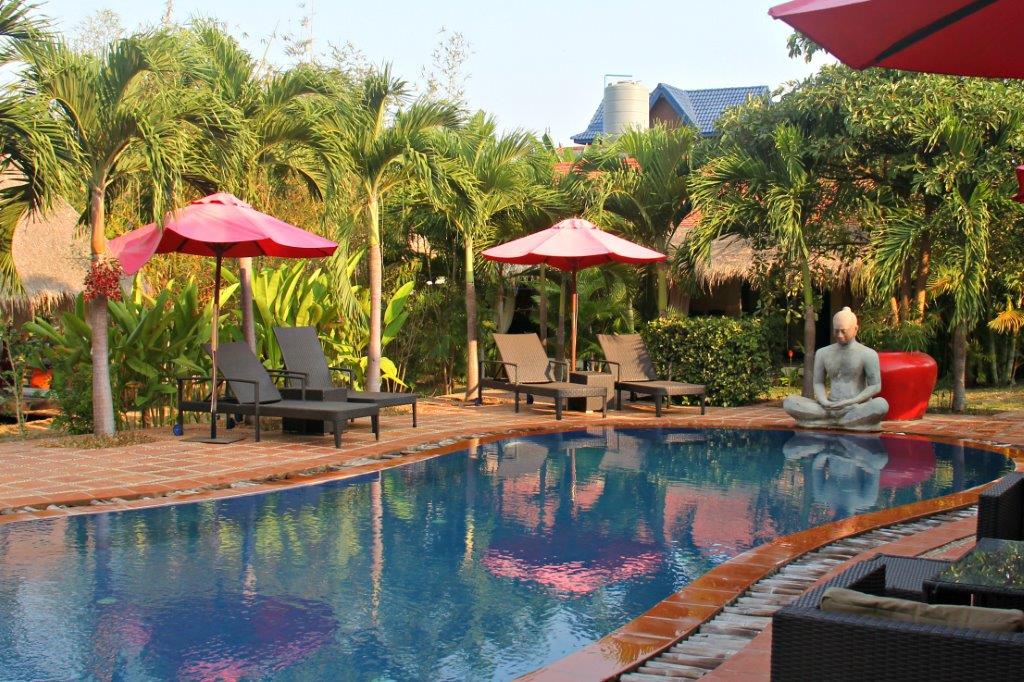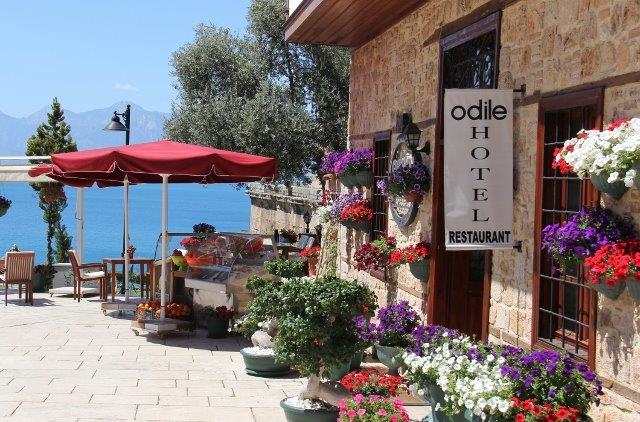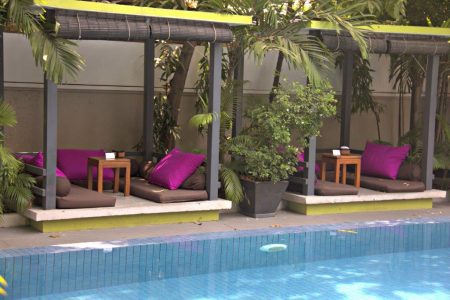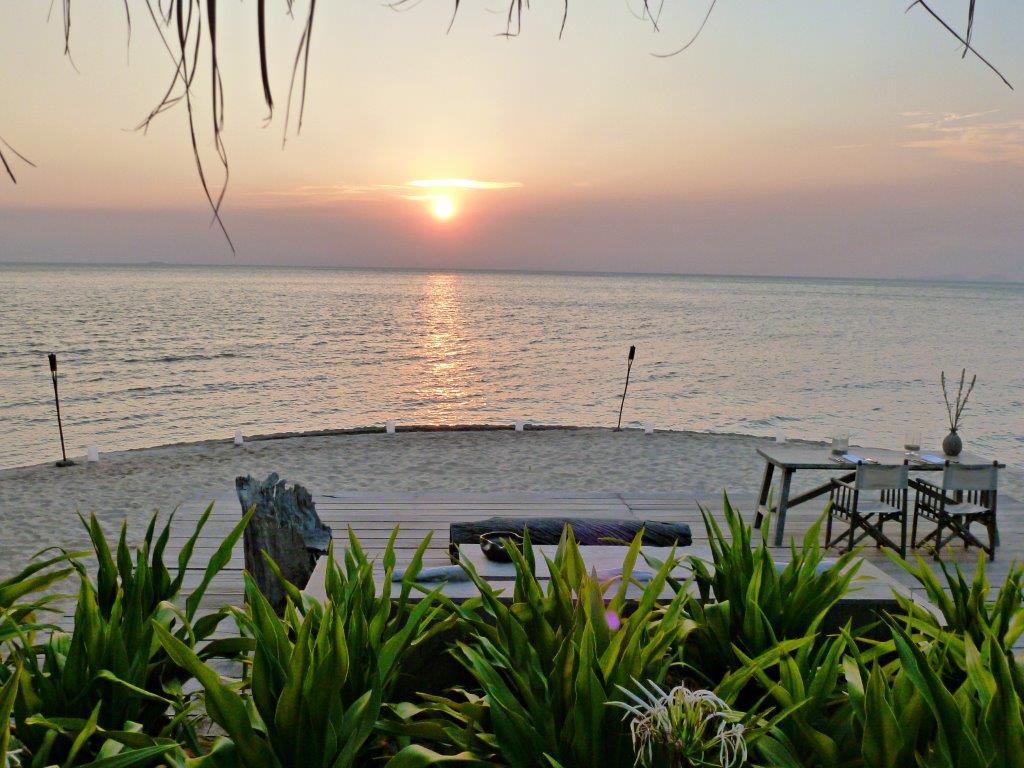 Your much anticipated trip is finally here! You arrive at your accommodation, you open the door and it’s . . . perfect! The view looks amazing, the bed is comfortable, you have plenty of room for everyone to unpack and be comfortable. The bathroom looks like something out of a spa. The pool is crystal clear, lounge chairs are plentiful and the beach is just a short walk away! You’ve nailed it. All that time to find the perfect accommodation was worth it!
Your much anticipated trip is finally here! You arrive at your accommodation, you open the door and it’s . . . perfect! The view looks amazing, the bed is comfortable, you have plenty of room for everyone to unpack and be comfortable. The bathroom looks like something out of a spa. The pool is crystal clear, lounge chairs are plentiful and the beach is just a short walk away! You’ve nailed it. All that time to find the perfect accommodation was worth it!
When you get the accommodation right, your holiday can be smooth sailing. A trip you will tell all your friends about and remember for the rest of your life. Get it wrong, and it can be a nightmare.
So let’s look at how you can get it right. You have booked your flights, so it’s time to sort your accommodation. After flights, accommodation can be the second greatest expense on your trip and it can make or break your holiday so it is worth investing some time to find what you want.
This is the latest installment in the the Plan Your Dream Trip Series: If you missed the first parts, you can find Part 1, How to Plan your Dream Trip: Flights, and Part 2: What You Need to Know about Travel Insurance.
Where to Begin to Find the Perfect Accommodation
It helps to have a bit of a think about what you want and what’s important to you on this trip. What are you looking for? Sometimes it helps to write it down. Remember, the perfect accommodation is the accommodation that’s perfect for you on this trip!
 Some things to think about:
Some things to think about:
- Location- near the beach, ski lifts, public transport?
- Do you want a view?
- Amenities- pool, kitchen, air conditioning, wi-fi access, mosquito nets, a bathroom in your room?
- Budget- how much would you like to spend?
- Will you spend much time in the room or at the hotel?
What are the options?
If you are headed someplace you have never been, a good starting point for your accommodation search might be a search engine or guide book. For your destination, have a look at what there is to do and where it’s located. This will help you to know the areas to look for accommodation. It might tell you where you want to stay as well as where you don’t want to stay.
If you are looking for a holiday house, also have a search for any location specific booking sites, many places have sites dedicated to an area, i.e. Stayz.com (Australia), Holidaylettings.co.uk. These sites often have a large number of listings for an area and you can find some unique places to stay.
You can also try a large aggregator site specializing in accommodation. There are a lot of these. Some of the most popular are Expedia, Trivago, Asia Hotels, Booking.com. Hotels Combined, but there are many more.
Disclosure: This article contains affiliate links. We recommend these sites and products as we use them and like them. If you use the links below you receive the same great pricing and we earn a small commission. Thank you for your support.
Using Booking.com
 At times I think I have tried all the accommodation booking sites and as new ones appear I do try them as well, but I always seem to return to Booking.com. This would be the site I use most often. I find it has the best selection, good search filters and is easy to use. Booking.com has both large hotel chains and small family owned hotels, apartments and holiday homes so you get a good variety.
At times I think I have tried all the accommodation booking sites and as new ones appear I do try them as well, but I always seem to return to Booking.com. This would be the site I use most often. I find it has the best selection, good search filters and is easy to use. Booking.com has both large hotel chains and small family owned hotels, apartments and holiday homes so you get a good variety.
Search filters include: location, dates, type of accommodation, ratings from other travelers, amenities and budget. So you can quickly narrow down a large list to something more manageable.
The other thing I like about Booking.com is the more you use the site, the greater discounts you are offered. That’s right, they reward your loyal usage by showing you pricing only available at certain levels of membership. So after you have used the site a few times, you see special offers and pricing new users don’t see.
I also usually check the pricing against HotelsCombined.com and the hotel’s own site (if they have one.) Many small hotels without online booking use Booking.com as their online booking system so sometimes it is the only option. I also find the pricing to usually be the best available so it is not often I use anything else to obtain a better rate. They actually have a price match guarantee, you can send them the cheaper price and they will match it.
You do need to read the terms and conditions for booking for each property. These are set by the property. Inclusions, payment terms and cancellation terms can vary considerably. Make sure you know what you are booking and when/how you will need to pay for it. Some small properties use booking.com for the reservation, but you pay at the time of your stay. If you need to use a credit card make sure they accept them. Some small hotels do not take credit cards!
The reviews on these sites can also be quite helpful. Some travelers leave quite helpful reviews. It can confirm the proximity to attractions and how noisy or quiet it is. Are there any issues? Is there construction going on next door? So I usually check these before I make my final decision.
AirBnB
 My second most used site for accommodation is AirBnB. We previously used VRBO – Vacation Rentals By Owner
My second most used site for accommodation is AirBnB. We previously used VRBO – Vacation Rentals By Owner a bit more, but it is not as global as AirBnB. I also think AirBnB is often cheaper.
If you haven’t used AirBnB, you might find What You Need to Know about Using AirBnB When You Travel helpful. Many of the tips for using AirBnB apply for finding the perfect accommodation whether it is a hotel or holiday home.
I like the fact you pay AirBnB (usually in your own local currency) and therefore can use a credit card. The person you are renting from does not receive the payment until you arrive and have checked-in.
Cancellation terms can vary on AirBnB, so just make sure you understand the terms. Some are very flexible, letting you cancel up until 24 hours in advance and others are quite strict.
 Cancellations for Accommodation
Cancellations for Accommodation
Depending on the booking terms for your accommodation, you can lose all or part of your payment if you need to cancel, or even change your accommodation. I try to avoid these terms, but sometimes the rate is very good. If so I try to book at the last minute when I am sure I am going. If I am looking further in advance, I try to find something that will at least let me change the dates if something happens.
However, sometimes I really want to stay somewhere and it is just not flexible. Leaving it until the last minute will probably result in it being fully booked. In these instances, it can pay to have travel insurance. If something happens and you can’t go, many policies will cover it. You can learn more about travel insurance in What you Need to Know About Travel Insurance. ALWAYS read the terms and conditions and know what is covered. When we traveled through Patagonia and Peru we needed to book and pay for a lot of things months in advance. We bought travel insurance through World Nomads Travel Insurance. Luckily we never needed to use it.
If you would like to learn more about the resources we use to book our own travels, you can check Planning your Trip: Resources We Use and Recommend. There will be further installments in this Plan Your Dream Trip Series and in the Healthy Travels Series.
If you enjoyed this post, please share it!


Patricia - Ze Wandering Frogs
I used both Booking.com and AirBnB – both are fine so far. It’s been more who had availability and the type of accommodation we were looking for.
Editor
Patricia, I agree. Sometimes it is the destination as well. The inventory may not be good for a given place, then I try the other. For our long term stays I tend to use AirBnB, and shorter ones Booking.com (bu there are always exceptions!)
Rob Taylor
I’m seeing so many recommendations for booking.com. Apparently I need to get on this bandwagon.
Editor
Rob, I have to say I think I have tried them all and after awhile I just quit checking so many sites because I would end up using booking.com. I really like it has the small operators not just large international chains and hotels. We book a lot of apartments on it (when we don’t use AirBnB).